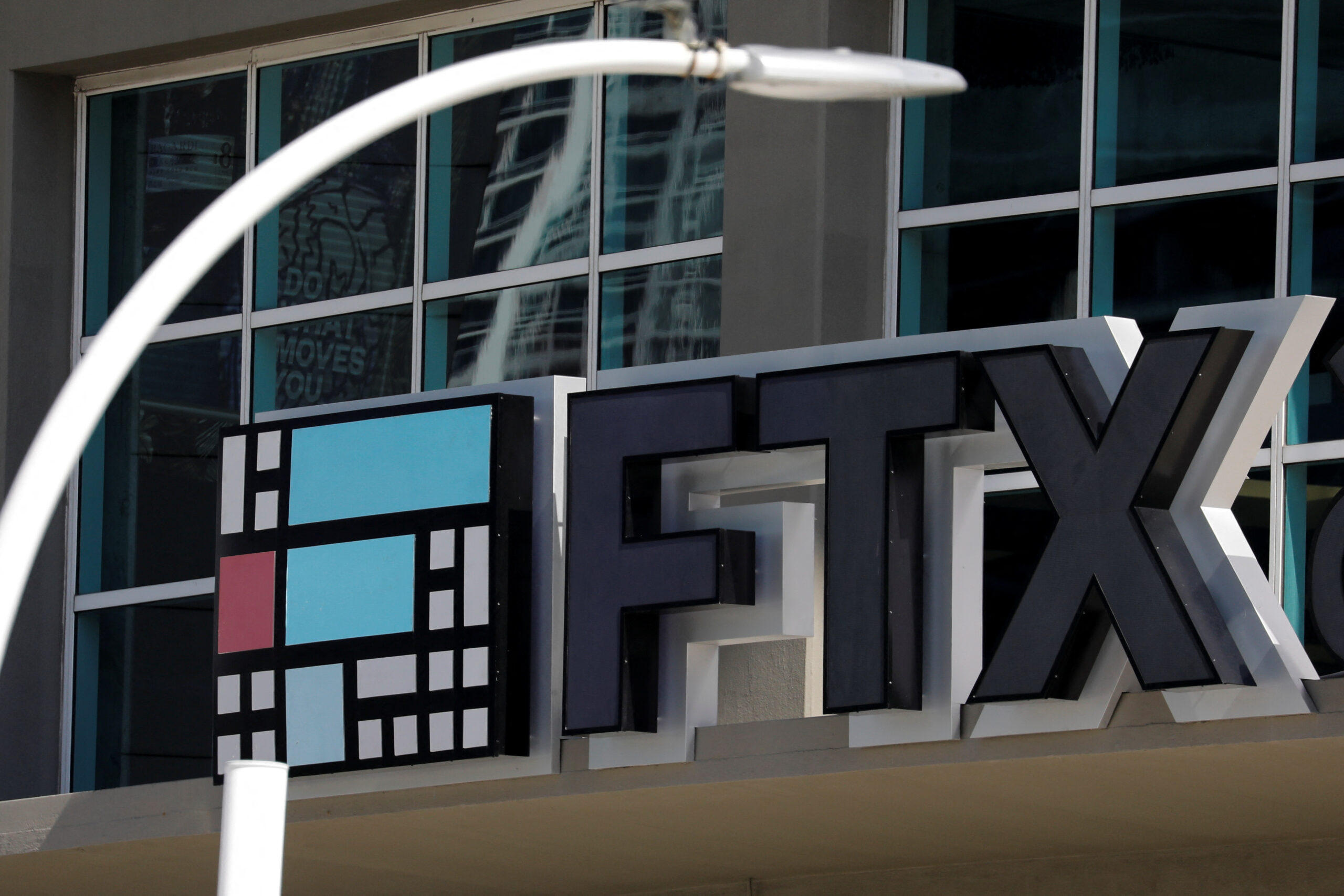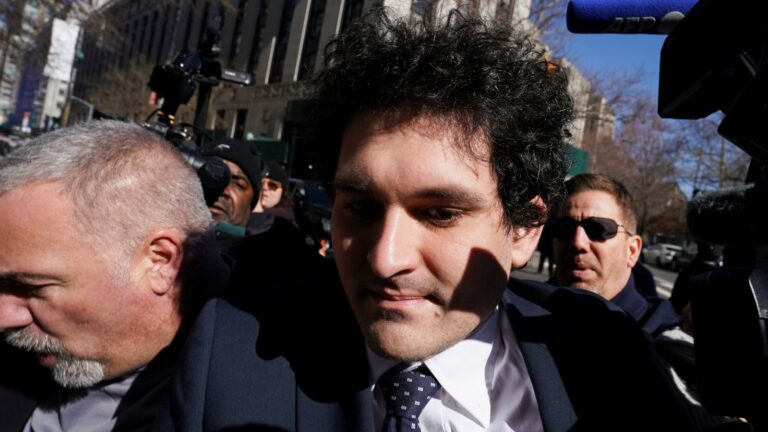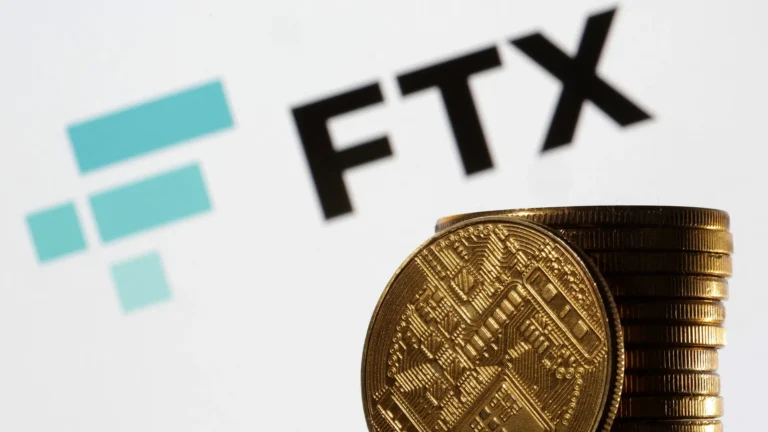Imagine this: you’re part of a massive financial meltdown, and you’re hoping to recover your money. That’s exactly what happened with FTX, a major cryptocurrency exchange that collapsed, leaving many users in a panic to get their funds back. Now, an FTX user named Nikolas Gierczyk is suing a hedge fund called Olympus Peak because of a deal gone wrong.
Here’s what happened:
The Backstory:
Nikolas had a $1.59 million claim against FTX, meaning he was owed that much money from the bankrupt company. But instead of waiting for the long bankruptcy process, he decided to sell this claim to Olympus Peak, a hedge fund, at a discount. The deal was simple: Nikolas would get $930,000 upfront, and Olympus Peak would take over the claim, hoping to make a profit when FTX finally pays up.
But here’s where things get interesting (and messy): When FTX’s reorganization plan was approved, it was revealed that customers might get back between 129% and 146% of their claims. This meant that Olympus Peak, which bought the claim from Nikolas, could collect between $2 million and $2.3 million—making a profit of over $1 million. Nikolas isn’t happy about this because he says he had an agreement with the hedge fund to get more of his money back if FTX’s recovery went above a certain amount. Olympus Peak, however, didn’t honor this part of the deal, leading Nikolas to file a lawsuit.
Why is this Important for You?
Understanding this situation is key if you’re getting into the world of cryptocurrency and investments. Here’s why:
- Bankruptcy Deals Can Be Tricky: When companies like FTX go bankrupt, people often sell their claims (the money they’re owed) to investors at a discount. But these deals can have hidden risks, especially when agreements aren’t honored.
- Hedge Funds Profit from Risk: Hedge funds like Olympus Peak thrive on risky investments. They buy claims for less than their actual value, hoping to profit if the situation improves. Knowing how these funds operate can help you navigate future investments.
- Reorganization Plans: In bankruptcy cases, companies can have reorganization plans that decide how much creditors will get back. FTX’s plan is one of the largest in history, meaning understanding it can help you see how large-scale financial recoveries work.
- Timing is Everything: Many people, like Nikolas, sold their claims in 2022 when the FTX crash was fresh and people were scared. Those who waited could now receive a bigger payout, which shows that patience in financial matters can sometimes lead to larger rewards.
Steps to Remember:
- Research Before Selling: If you ever find yourself in a situation where you’re owed money (from investments or otherwise), don’t rush to sell your claim. Study the market, see if things might improve, and understand the terms of any deals you make.
- Look for Recovery Rights: When making deals, ensure there are clear terms that allow for additional recovery if things improve. This is what Nikolas is fighting for.
- Know Your Risk: Whether it’s cryptocurrencies or other investments, there’s always risk involved. Understanding how hedge funds and creditors work can give you an edge.
Why This Matters for Your Knowledge:
This story teaches you the importance of being cautious and informed when dealing with financial institutions, especially in unpredictable markets like cryptocurrency. By learning from situations like Nikolas’ case, you can better navigate your investments and avoid potential pitfalls.



